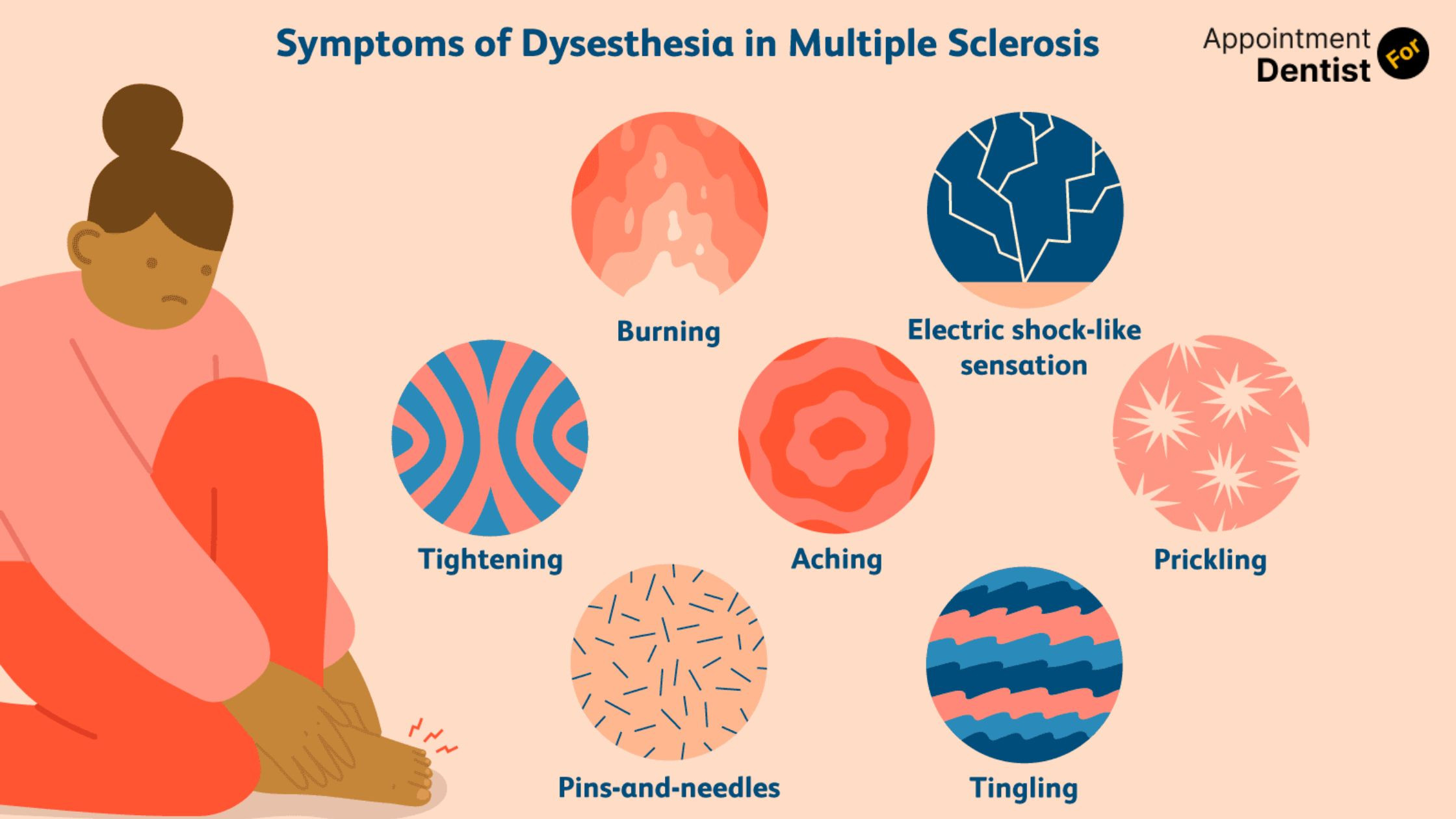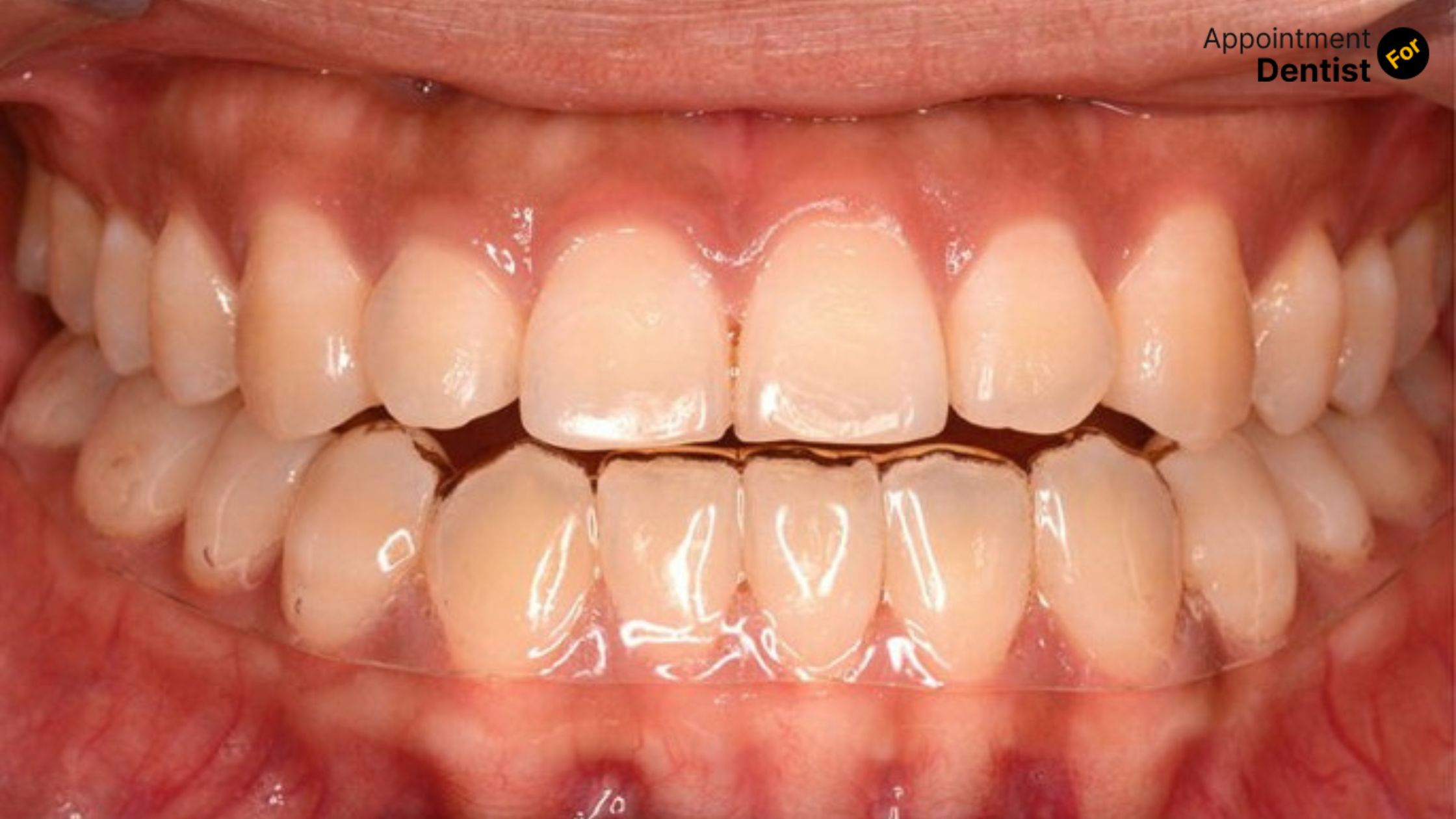Understanding and Treating Oral Dysesthesia: Causes and Solutions
Posted on August 06, 2024 by Admin

Understanding and Treating Oral Dysesthesia: Causes and Solutions
Oral dysesthesia is a sensation disorder characterized in the oral cavity. It may be characterized by symptoms that can range from burning through tingling to even numbness. This has a big effect on the quality of life of the subject since it creates eating disorders, speech problems, and even hinders good oral hygiene. Hence, the reason for oral dysesthesia and effective treatments for affected patients become very relevant.
What is Oral Dysesthesia?
The term burning mouth syndrome is sometimes used, although it really applies to the more generic abnormal sensation known as oral dysesthesia. Patients describe it as discomfort that can vary in intensity and duration. These sensations have the potential to turn up anywhere in the mouth, tongue, gums, and lips, which then produces a constellation of symptoms quite distressing and frustrating.
Also Read: Things You Should Know About Dental Insurance
Symptoms of Oral Dysesthesia
The oral dysesthesia manifests differently in different people; however, the most common symptoms include:
- Burning Sensation: A burning sensation which typically affects the tongue and the palate inside the mouth
- Tingling or Numbness: Most of the patients, at one time or another, will complain of tingling or even numbness in their oral cavity.
- Dry Mouth: Many will complain about a dry mouth that discomfits them.
- Altered Taste: A distortion in taste perception, which tastes metallic or bitter.
- Sensitivity: Sensitivity to spicy, cold or hot foods sometimes is painful to eat.

Causes of Oral Dysesthesia
Treatment for oral dysesthesia shall begin with the diagnosis of its causes. While its exact causative factor remains ill-defined in most cases, various factors may be contributory to this disorder in some:
- Nutritional Deficiencies
Deficiencies of major vitamins and minerals, especially vitamin B12, iron, and folate, can also present with oral dysesthesia. These nutrients are vital for normal health in nerve function and tissue integrity.
- Hormonal Changes
Changes in hormonal levels in women in their menopausal stage can be one of the causative agents for oral dysesthesia. The changes in estrogen levels cause alterations in the oral tissue and hence result in pain.
- Medications
Some medications used to treat hypertension, depression, and anxiety can cause dry mouth and other associated side effects which may cause oral dysesthesia.
- Oral Conditions
There could be some root dental or oral health issue things like oral thrush, gingivitis, or other infections causing altered sensations in the mouth. Conditions like Sjogren's syndrome, which disrupts the formation of saliva, will further worsen these symptoms.
- Psychological Factors
This could be influenced by stress, anxiety, and depression, known to be among factors that may trigger oral dysesthesia. Further, the psychological factors may overlay the subjective feeling of unease.
Must Read: 7 Mistakes to Avoid When Choosing a Dental Plan
Management Strategies for Oral Dysesthesia
Though oral dysesthesia is occasionally resistant to therapy, in some cases, several strategies may contribute to symptom management and improvement in the quality of life. They include the following:
- Nutritional Support:
In cases of nutritional deficiency, dietary modification or supplementation is advised. In most conditions, a good diet endowed with vitamins and minerals will improve symptoms. A good diet with adequate intake of vitamin B12, iron, and folate is recommended.
- Hydration and Saliva Substitutes
Keeping the mouth wet by frequently sipping water is part of the treatment for dry mouth, one of the common symptoms of oral dysesthesia. Good hydration and saliva substitutes will, therefore, help moisten the mouth, reduce discomfort, and hence symptomatic relief.
- Medications
In some cases, medications can be prescribed to help in the management of symptoms. Examples are medications stimulating saliva flow or topical products for reducing burning sensations. In cases where this condition is linked with some psychological causes, it would involve antidepressants or anti-anxiety drugs.
- Oral Hygiene Practices
Oral dysesthesia wants one to maintain proper oral hygiene. Gentle brushing, application of a soft-bristled toothbrush, and less irritating toothpaste will help reduce discomfort. Regular dental checkups are also very important in ironing out any background oral health issues.
- Stress Management Techniques:
This may also involve methods of stress management, such as mindfulness, meditation, or even cognitive behavioral therapy to help overcome oral dysesthesia—because to a great extent, it can be exacerbated by psychological factors. Such techniques are pretty effective in bringing down anxiety and increasing general well-being.
Conclusion
Oral dysesthesia is an extremely disabling condition which touches almost all aspects related to daily life activities. Knowing what causes this, and seeking treatment that works, can go a really long way toward self-management. If you or someone you know has abnormal sensations in your mouth, don't hesitate to seek out a health professional; this is very critical for complete evaluation and a well-tailored plan of care. There may be some circumstances in which proper support and techniques could bring alleviation of discomfort and improvement in the health of your mouth.
Faqs
-
1. What precisely is oral dysesthesia?
Oral dysesthesia is an abnormal sensation within the mouth, such as burning, tingling, or numbness. This will obviously affect, to a great extent, basic day-to-day activities such as eating and speaking.
-
2. What causes oral dysesthesia?
The possible causes are nutritional, hormonal, iatrogenic, prescribed medications, underlying oral conditions, and psychological factors.
-
3. How is oral dysesthesia diagnosed?
Diagnosis consists of a good medical and dental history and physical examination. Blood tests may be indicated if nutritional deficiency is suspected or other conditions that might be causative.
-
4. Treatments for oral dysesthesia?
It may involve nutritional support, hydration, medications for symptom management, enhanced oral hygiene measures, and stress reduction techniques.
-
5. Can oral dysesthesia be cured?
While there is no specific or absolute cure for oral dysesthesia, it can be very well managed to considerably minimize suffering and to enhance the quality of life for affected individuals.
Recent Post
- The Importance of Oral Health Education for Children
- How to Choose the Right Orthodontic Treatment for Adults
- The Link Between Oral Health and Stroke Risk
- How to Address and Prevent Gum Recession
- Innovations in Dental Anesthesia: Pain-Free Procedures
- The Role of Saliva in Oral Health: Functions and Disorders
- Exploring Holistic Dentistry: What You Need to Know
- How Oral Health Affects Your Immune System
- The Benefits of Using Dental Probiotics
- Oral Health and Pregnancy: Myths and Facts